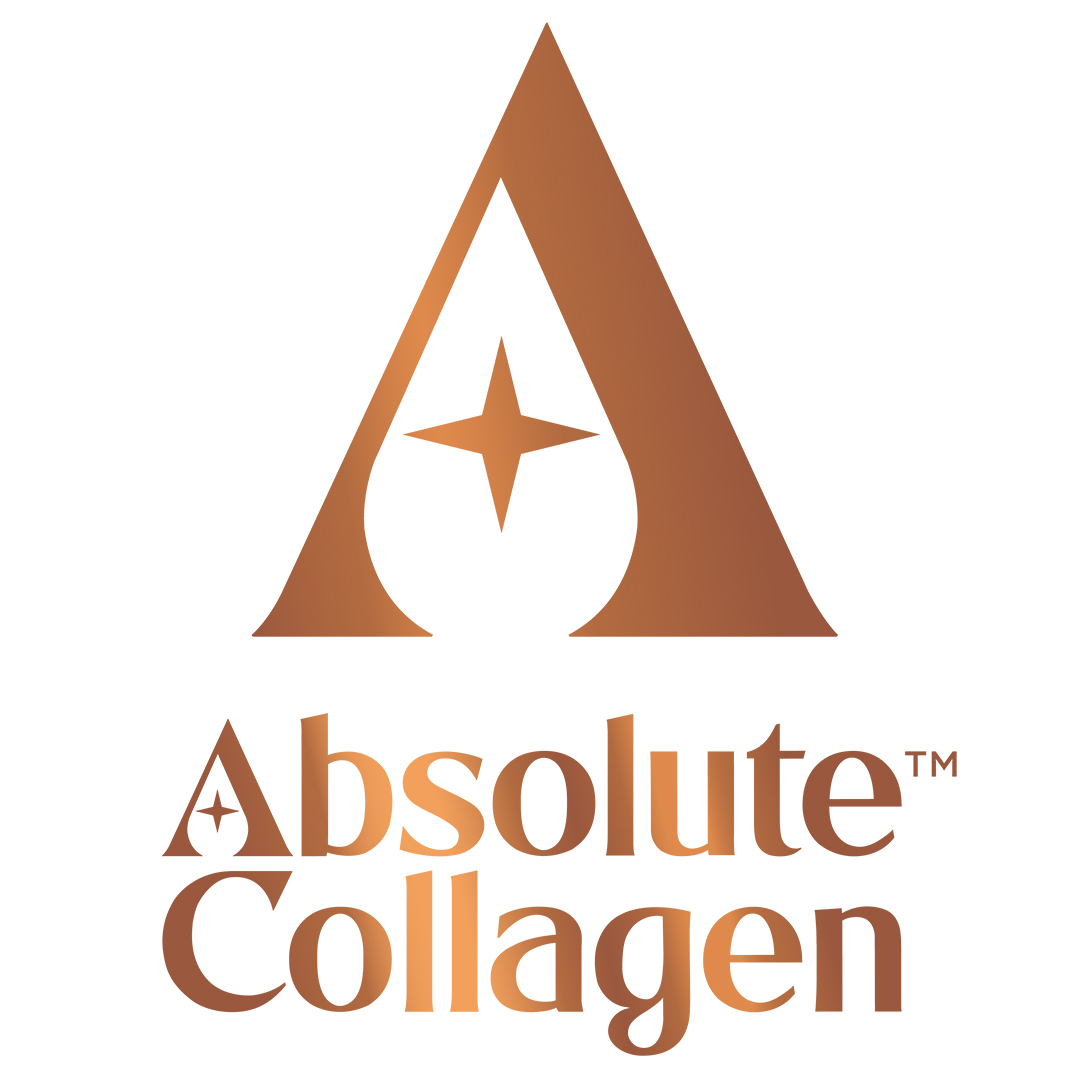

Absolute Collagen Group

London Borough of Southwark, United Kingdom
February 2023
Personal care products
Wholesale/Retail
France,
Ireland,
United Kingdom
Absolute Collagen was first established in 2017 by mother and daughter duo Maxine and Darcy Laceby. What stemmed from a random cooking experiment using chicken broth led to the creation of our award-winning product - marine collagen supplements. Their collection has since expanded with products which now include an award-winning facial serum and hair care, this came as response to their consumers needs, growing the product portfolio to support their consumers to feel “Strong in their own skin.” Now as one the UK’s fastest growing collagen brands, Absolute Collagen are on a mission to improve their social and environmental impact, having already taken steps to support this, but Absolute Collagen also recognises that there are still numerous ways in which they can use their business to achieve their mission, and are always striving to do more. Some highlights from actions taken so far include, all outer product packaging being 100% recyclable, reclamation schemes for harder to recycle materials, the haircare range being made from 50% PCR plastic, and becoming a Carbon Neutral Company in 2022.
Overall B Impact Score
Governance 16.3
Governance evaluates a company's overall mission, engagement around its social/environmental impact, ethics, and transparency. This section also evaluates the ability of a company to protect their mission and formally consider stakeholders in decision making through their corporate structure (e.g. benefit corporation) or corporate governing documents.
What is this? A company with an Impact Business Model is intentionally designed to create a specific positive outcome for one of its stakeholders - such as workers, community, environment, or customers.
Workers 30.0
Workers evaluates a company’s contributions to its employees’ financial security, health & safety, wellness, career development, and engagement & satisfaction. In addition, this section recognizes business models designed to benefit workers, such as companies that are at least 40% owned by non-executive employees and those that have workforce development programs to support individuals with barriers to employment.
Community 18.7
Community evaluates a company’s engagement with and impact on the communities in which it operates, hires from, and sources from. Topics include diversity, equity & inclusion, economic impact, civic engagement, charitable giving, and supply chain management. In addition, this section recognizes business models that are designed to address specific community-oriented problems, such as poverty alleviation through fair trade sourcing or distribution via microenterprises, producer cooperative models, locally focused economic development, and formal charitable giving commitments.
Environment 12.6
Environment evaluates a company’s overall environmental management practices as well as its impact on the air, climate, water, land, and biodiversity. This includes the direct impact of a company’s operations and, when applicable its supply chain and distribution channels. This section also recognizes companies with environmentally innovative production processes and those that sell products or services that have a positive environmental impact. Some examples might include products and services that create renewable energy, reduce consumption or waste, conserve land or wildlife, provide less toxic alternatives to the market, or educate people about environmental problems.
Customers 4.6
Customers evaluates a company’s stewardship of its customers through the quality of its products and services, ethical marketing, data privacy and security, and feedback channels. In addition, this section recognizes products or services that are designed to address a particular social problem for or through its customers, such as health or educational products, arts & media products, serving underserved customers/clients, and services that improve the social impact of other businesses or organizations.